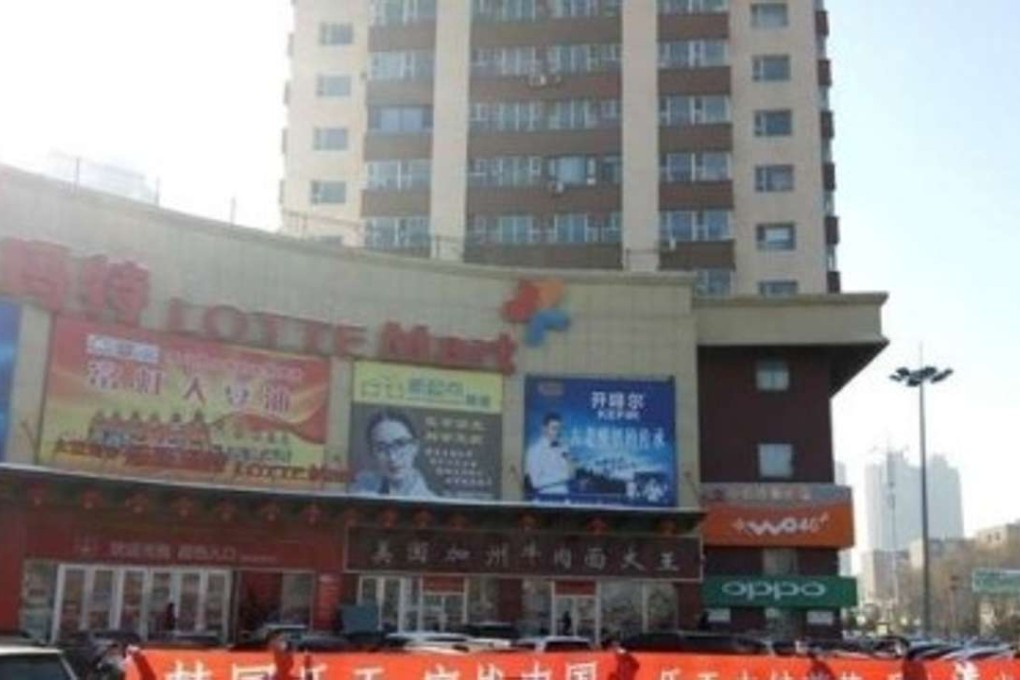China’s online boycott puts Lotte in cross hairs amid THAAD row
China’s e-commerce platforms are spearheading an anti-Lotte campaign amid Sino-Korean tensions over US-backed THAAD system

Lotte, the Japanese-Korean conglomerate with businesses from confectionery to malls, has found itself in the cross hairs of China’s nationalist mobs last week as online shoppers and internet trolls launched a boycott of the brand for allowing a US missile defence system to be placed on a plot of Lotte land in South Korea.
Responding to the coordinated boycott, some brick-and-mortar retailers and online shopping platforms have removed everything under the Lotte brand – from cosmetics to candies – from their physical and digital shelves.
“We have completely scrubbed the name of Lotte from our website,” Chen Ou, founder and chief executive of China’s biggest cosmetics group-purchasing platform Jumei Youpin, said in a blog post on Sina Weibo last week. “We‘d rather die than carry its goods in future.”
Lotte operates five department stores and as many as 100 supermarkets in a dozen Chinese provinces since it extended its footprint into the country in 1994.
An estimated 29 per cent of Lotte’s global sales come from China, and Chinese tourists contributed 70 per cent of sales at the group’s duty-free shops in Korea last year.
It was not always that way. Helped by the immense popularity of Korean soap operas, pop stars and K-pop dancers, Korean brands and lifestyle products had also been among the most sought-after consumer goods in China.